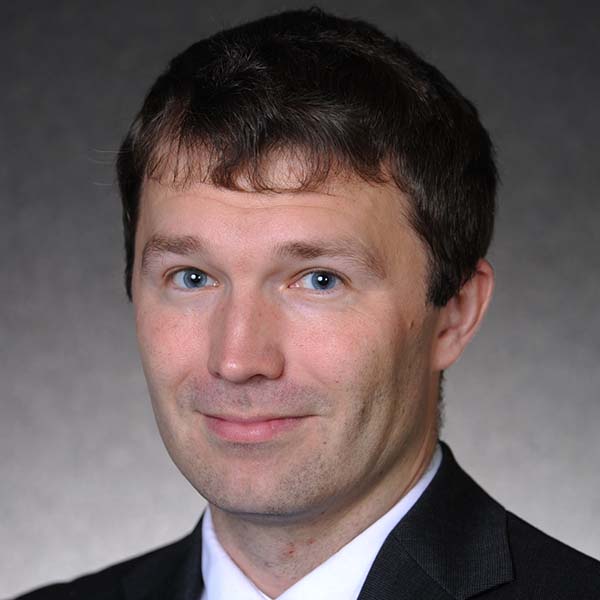Electrical Engineering
Department operating hours and contacts
Loading items....
Electrical engineering professor Vahid receives two NSF grants for future wireless network solutions
In the coming decade, we anticipate the emergence of massively connected networks of billions of devices, leading to unprecedented exponential growth in data rates and in the number of wireless users. The applications include 5G/6G, the Internet of Things, unmanned aerial vehicles, virtual reality, and WiFi imaging. The current approach is to exploit newer frequency bands (mmWave and THz) and multi-antenna structures. However, for various reasons, these solutions fall short of their intended goals. Alireza Vahid, assistant professor of electrical engineering at CU Denver, has received two National Science Foundation grants as principal investigator for his new solutions to the ever-increasing challenges of the wireless networks. Vahid’s unique approach is to jointly design the theory and the radio frequency hardware. This allows for a more efficient integration of algorithms, reduces overhead, and enables new innovative protocols.
Upcoming Events
Faculty profile

Mark Golkowski
Mark Golkowski is chair and professor of electrical engineering.
Student Spotlight

Juan Mendoza
We are highlighting Juan Mendoza, BS in Electrical Engineering student and sharing his insight into his engineering studies. Some of my favorite classes are Signal Processing, Electromagnetic Fields, Power Electronic Systems. One of the clubs or organizations I am part of is the Society of Hispanic Professional Engineers (SHPE), where it allows other Hispanic students to network and connect with other fellow engineering students and professionals, allowing them to further develop their academic and future professional career. A few of the opportunities that the SHPE organization offers at CU Denver is getting access to conferences, workshops, visiting professionals at their job sites to learn more about what they do. Students should not overwhelm themselves with taking way too many classes in a semester just so, they can graduate in time. It is better if they take less classes and take the time to learn and understand the material very well.